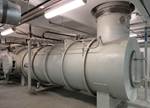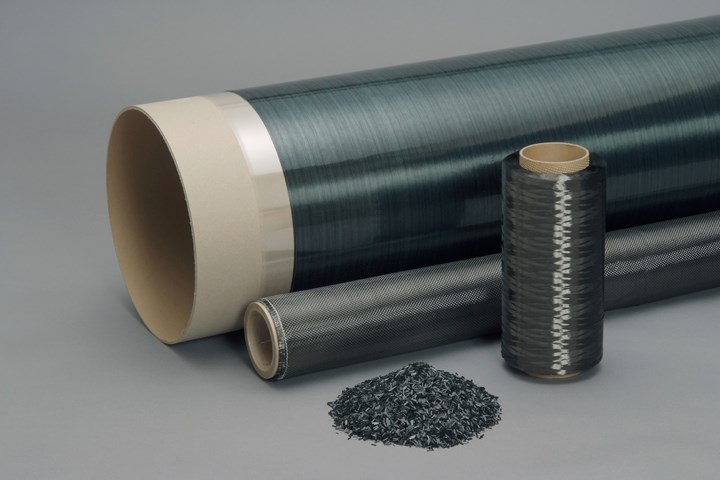Teijin introduces LCA for carbon fiber intermediate materials
Life cycle assessment (LCA) studies calculate the environmental impact of Teijin composites for future emission reduction activities.
Teijin Ltd. (Tokyo, Japan) announces that it has adopted lifecycle assessment (LCA) to calculate the environmental footprint of its carbon fiber intermediate materials. By calculating the environmental impacts of its production processes, Teijin expects to devise ways to reduce emissions in each production process as well as to expedite collaboration with partner companies throughout its supply chain, from manufacturing to disposal, and to implement LCA initiatives for the entire lifecycles of Teijin carbon fiber products.
Teijin completed the LCA of its carbon fiber filament manufacturing processes in December 2021, based on which the company has calculated the LCA for its carbon fiber filament applications. This covers carbon fiber textiles, prepregs and short fibers for composites used in diverse applications, such as sporting goods, industrial products, aircraft, automobiles and others requiring optimized low-weight, high-strength combinations.
Teijin’s LCA studies, which have been certified by an independent third-party organization, in accordance with ISO14040 and ISO14044 standards, will reportedly provide customers with reliable emissions data regarding Teijin’s carbon fiber intermediate materials and thereby help these companies to evaluate their own environmental footprints better.
Looking ahead, Teijin expects to expand the scope of its LCA activities to other carbon fiber products, in cooperation with customers, including the makers of final products.
Related Content
-
Composites end markets: Sports and recreation (2025)
The use of composite materials in high-performance sporting goods continues to grow, with new advancements including thermoplastic and sustainability-focused materials and automated processes.
-
Recycling hydrogen tanks to produce automotive structural components
Voith Composites and partners develop recycling solutions for hydrogen storage tanks and manufacturing methods to produce automotive parts from the recycled materials.
-
Bladder-assisted compression molding derivative produces complex, autoclave-quality automotive parts
HP Composites’ AirPower technology enables high-rate CFRP roof production with 50% energy savings for the Maserati MC20.














